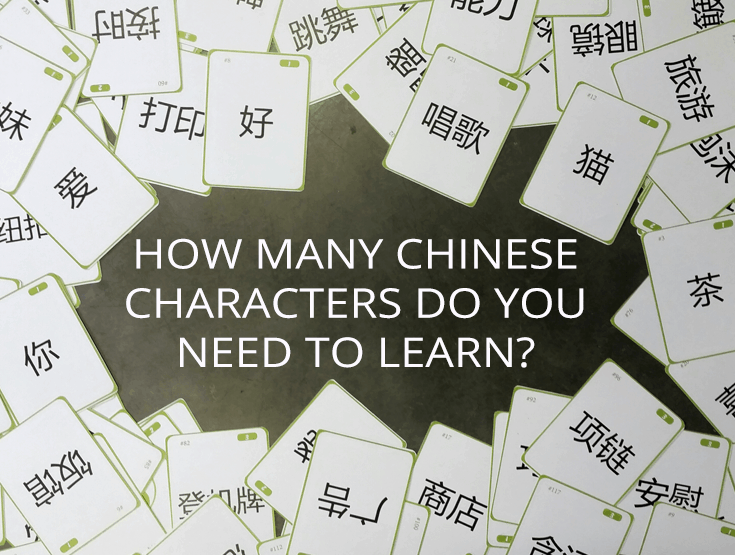I think at one point everyone who starts learning Chinese asks themselves the same questions about writing Chinese:
- Do I need to learn to write Chinese characters?
- When is the best time to begin with them?
- Where do you start?
- How do you write Chinese characters? Are there any rules?
With this article, I want to share a bit of my experience in writing characters and maybe a helpful additional way of learning Chinese. To be clear, I’m not talking about the art of Chinese Calligraphy but just casual hand-writing. Handwritten Chinese with a pen a piece of paper.
read more









